Plants are Slow but Smart
I finally figured out how to adjust css classes without burning the whole site to the ground, so now the captions aren't big and to the left.
I haven't really stopped sailing. Last weekend I went to Bay Point.
Bay Point Island ←click
This is a long sail. It's something like 15 miles in one direction, and in reality it's longer because you have to beat upwind the whole way there.
In the narrow rivers the wind is often inconsistent and the tides are strong, but as you get closer to the ocean they become steady and predictable.

Thanks to the pre-hurricane winds, this voyage was quicker than usual. It was also as if the sea turtles knew there would be a storm and were flocking inwards.
That's an advantage of sailboat over motorboat -- the turtles and dolphins can't hear you coming as easily. They're still hard to photograph though.
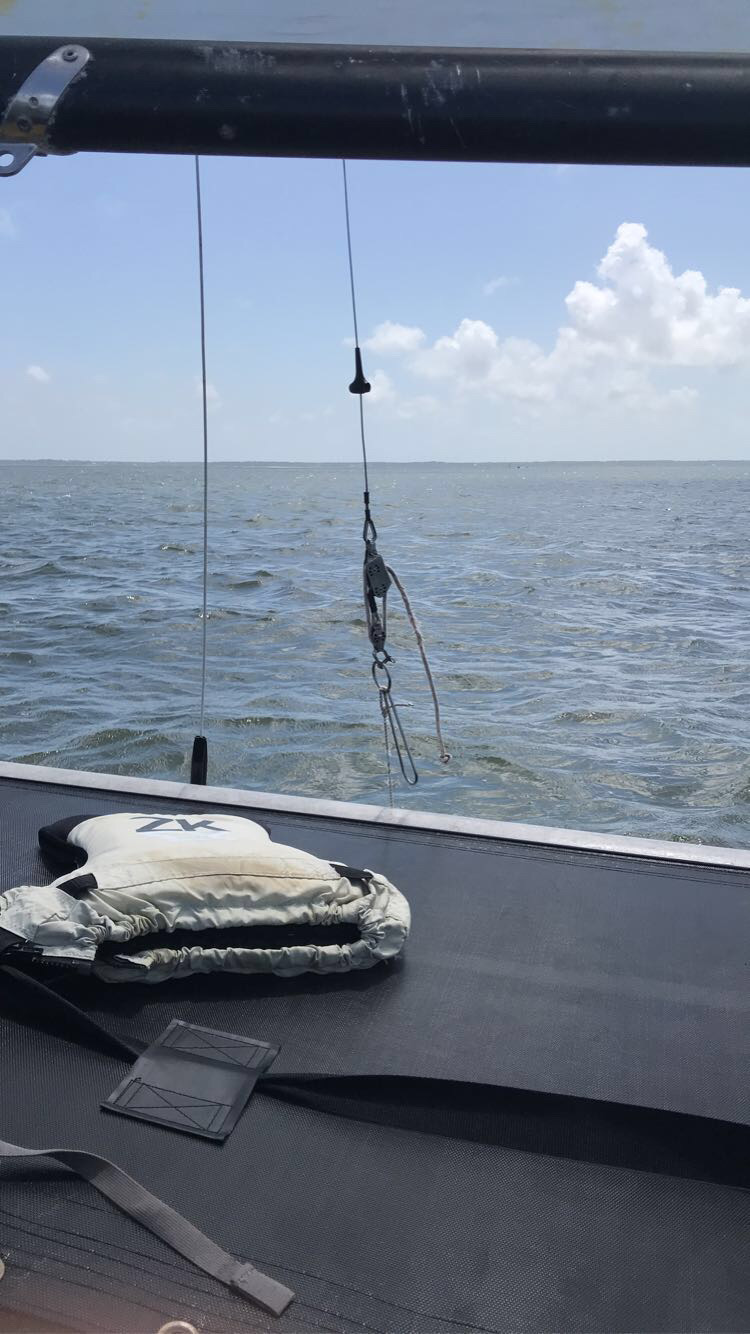
Sailing to Bay Point is something akin to a spiritual journey for me.
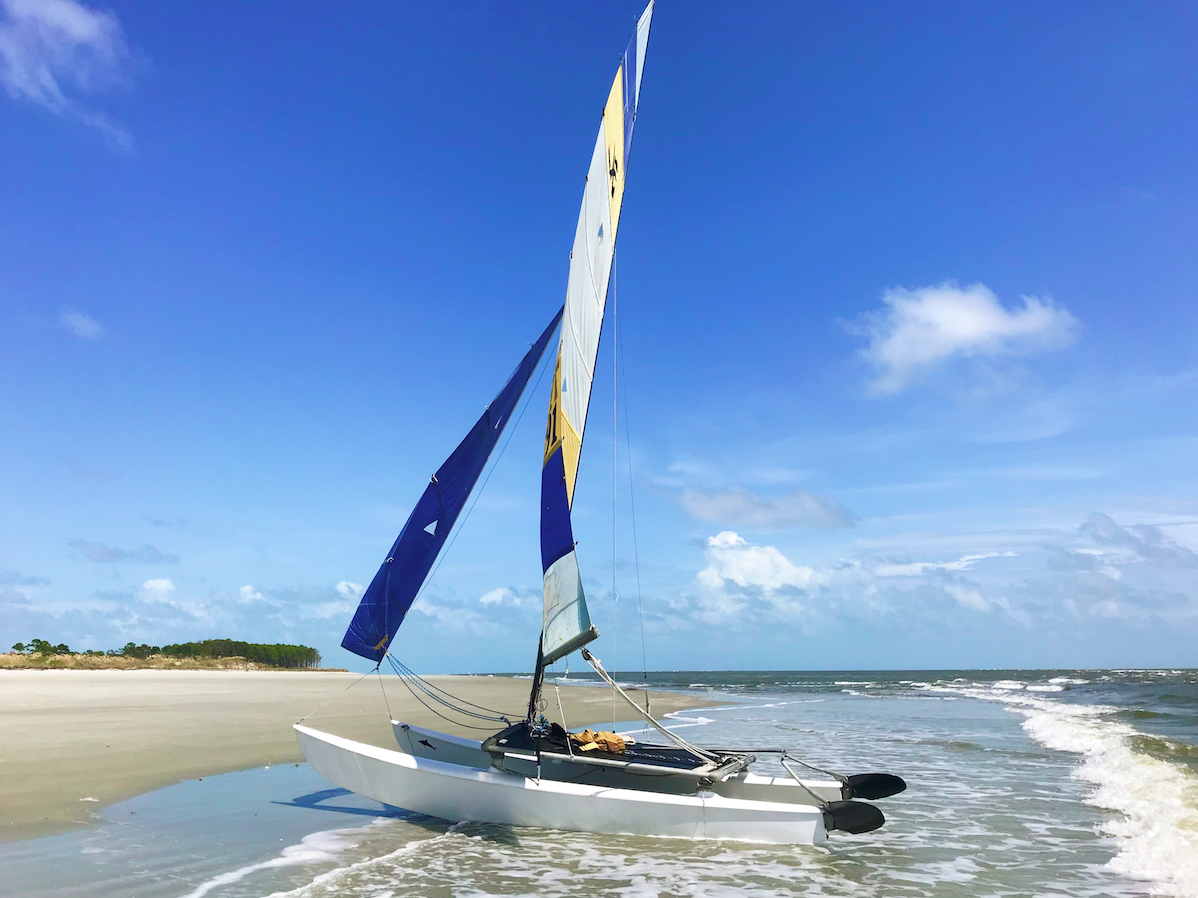
It's so beautiful and it's almost always empty, which makes sense because it's not so easy to get to.
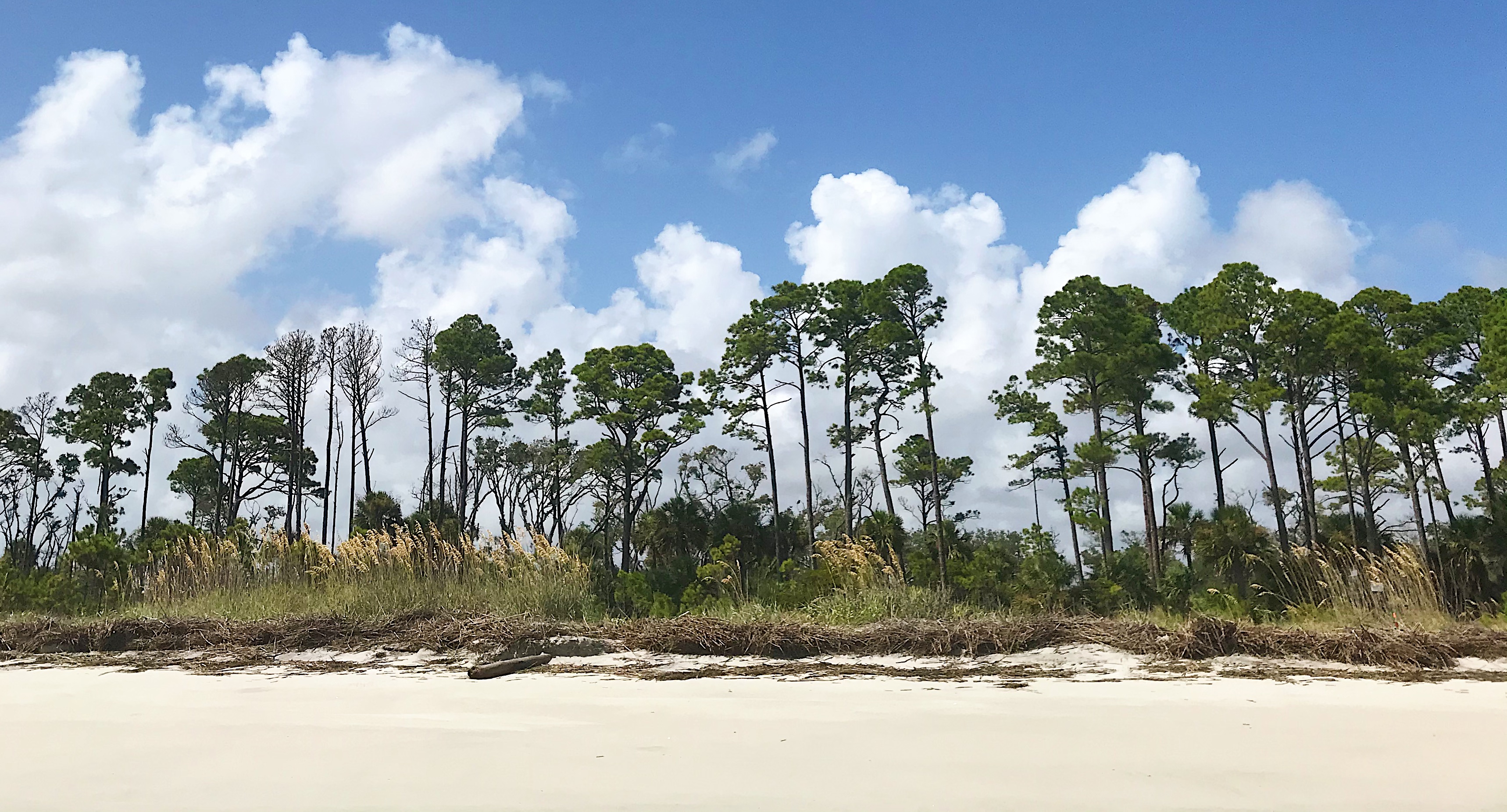
I was sad to learn that there are plans to build a resort on this island. They say it's going to be an "eco resort" that has minimal effect on the landscape, but I don't buy that.

This place will likely be ruined by "timeshare beach bungalows" within the next few years. Disgusting.
"It's not that I don't like it, I'm physically repulsed."
There are endless reasons why this is a bad idea, including the fact that, in 2019, 107 sea turtles nested on Bay Point Island, and it's home to between 5,000 and 8,000 sea birds, not to mention that it's eroding into the ocean like mad.
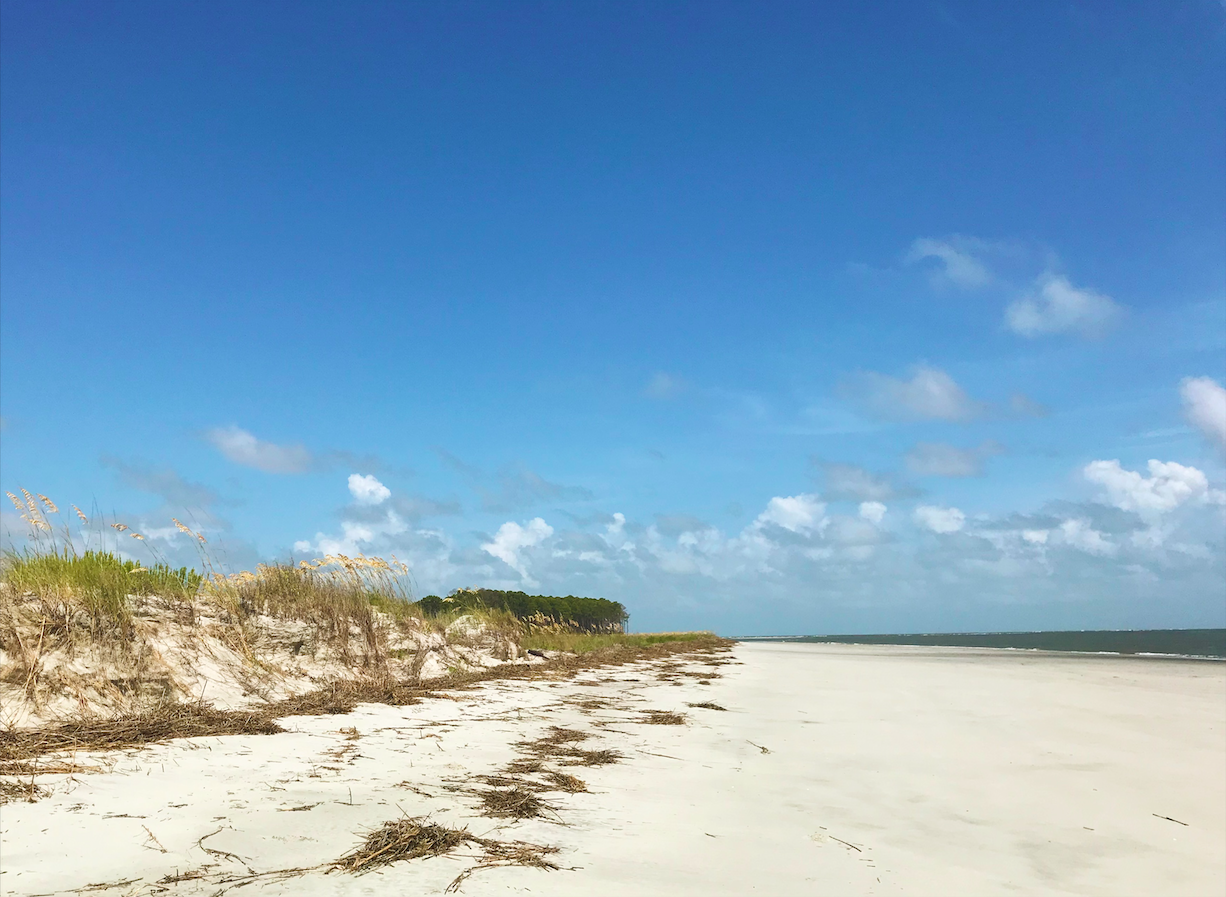
If you want to see more reasons, someone did a pretty good job outlining them here.
An interesting idea I heard from Joscha Bach in a podcast suggests that humans are in fact not the most intelligent life on the earth.
At first it sounds ludicrous, of course we're the smartest, but if you consider different time scales, specifically longer time scales, and examine your definition of intelligence, it could make sense.
In any complex system there must be some complex regulation, or else the system collapses. In humans, this is largely taken care of by our nervous systems, which operate on the order of milliseconds. Plants don't have nervous systems, and their language of regulation is that of chemicals propagating through adjacent cells.
Plants change slowly, they interact with each other slowly, they do everything slowly.
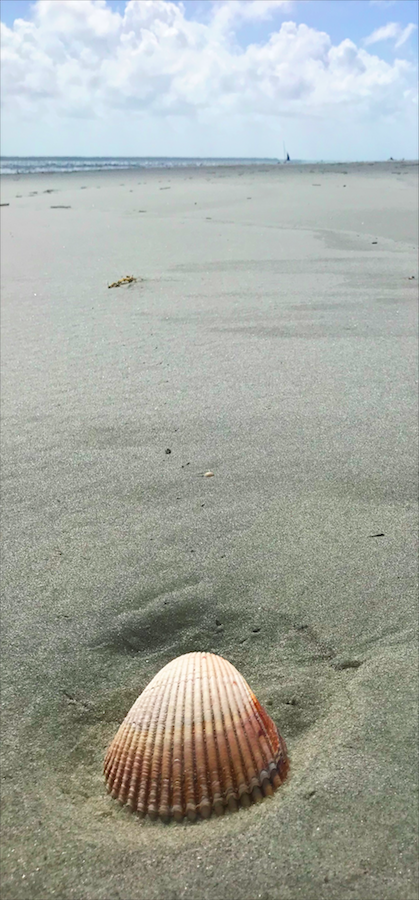
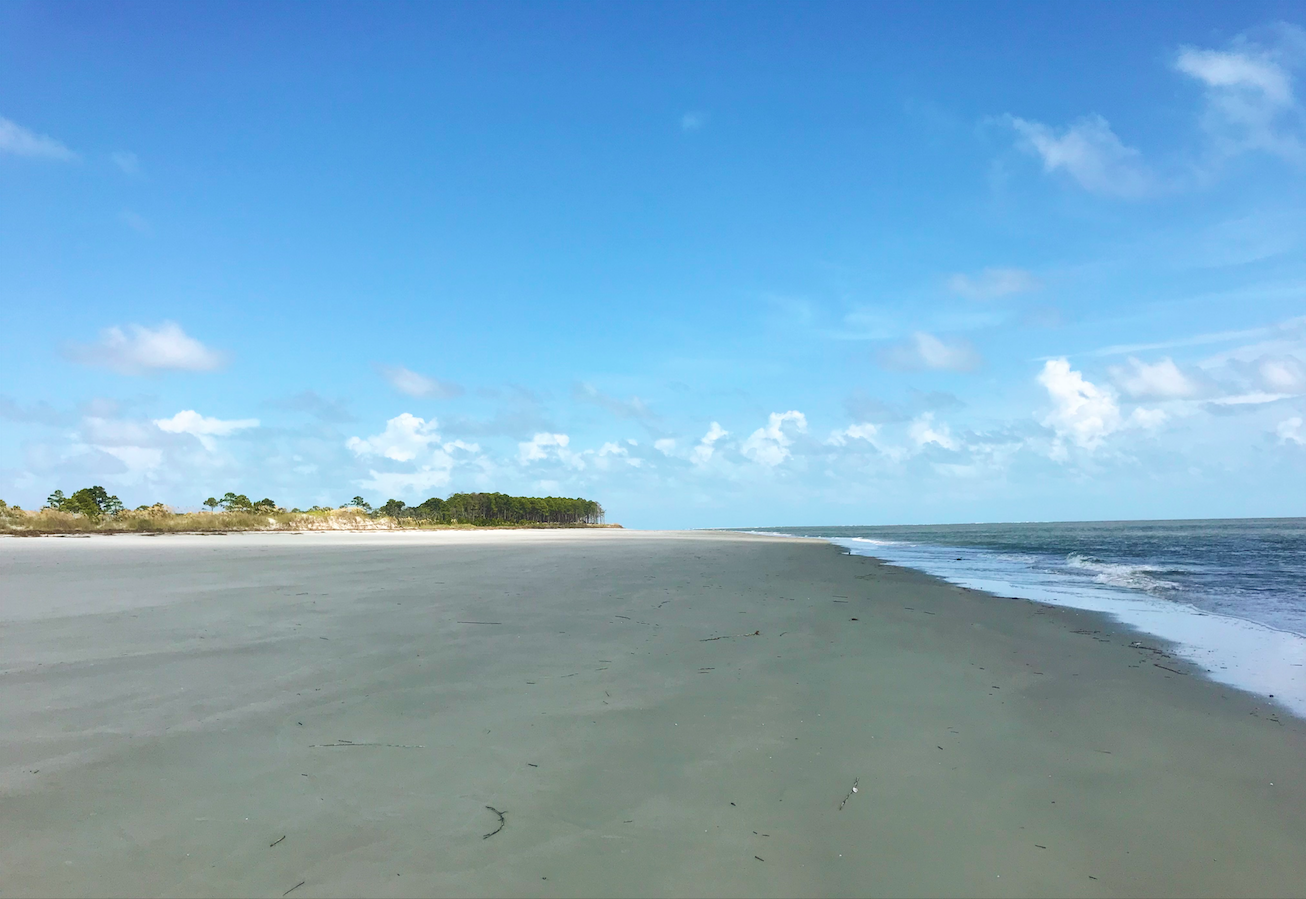
Yet, their methods of growth, fertilization, and coevolution are intricate and nuanced in ways we don't understand. This lack of understanding was demonstrated in the early 90s by the failures of the Biosphere experiments, which aimed to recreate an artificial, isolated ecosystem inside of a glass dome in the Arizona desert. Click the link if you want to find out why they failed, but the underlying reason is that the system they intended to replicate was much too complex for humans to manufacture.
By the way, this poor understanding of nature does not bode well for our hopes of interplanetary expansion, and is certainly a problem that needs solving if we are to settle Mars (and we are).
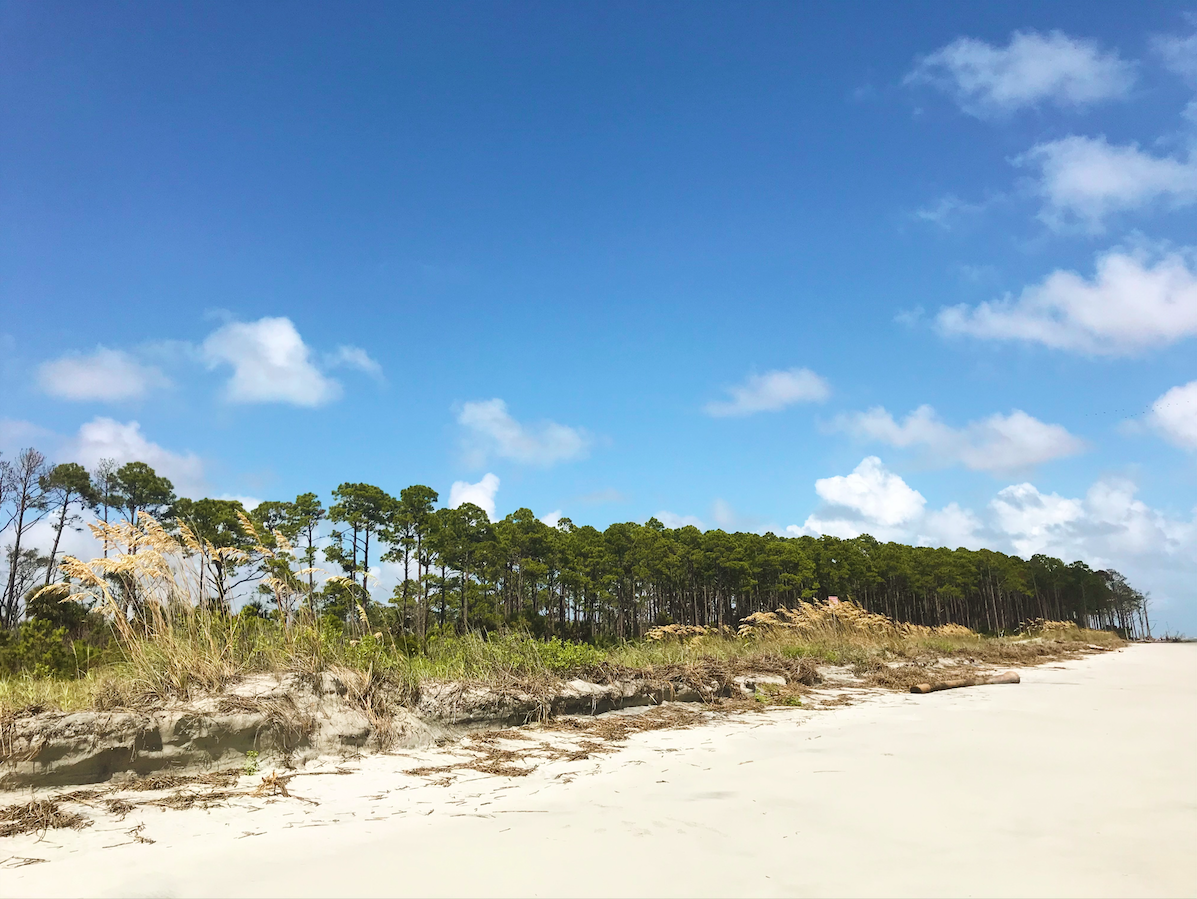
From a certain perspective it's plausible that over the scale of thousands of years these ecosystems have interacted directly with their environment to make them more stable for prolonged plant prosperity and less brittle to the chaos of the universe.
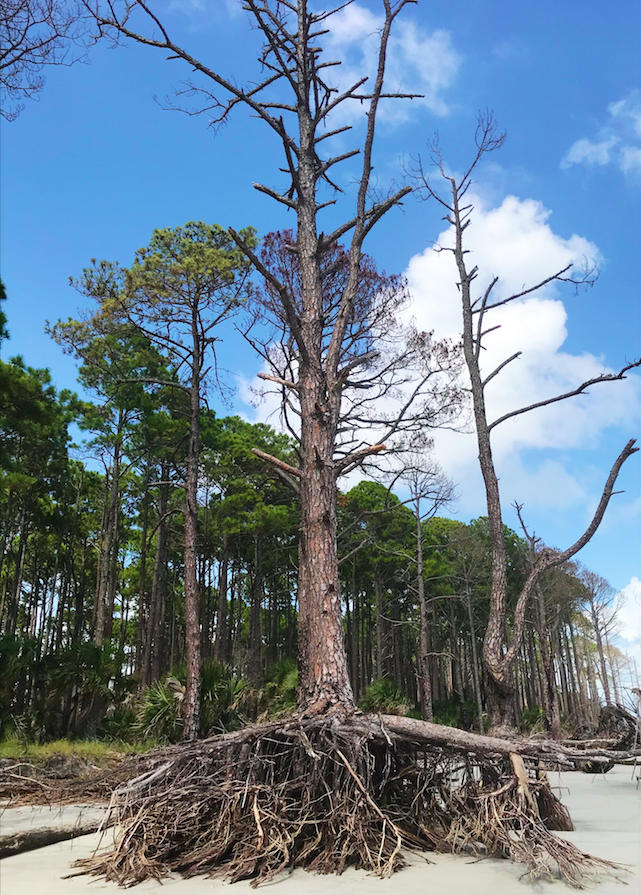
It's quite possible that when humans meet their ultimate demise, plants will still be around, because their model of the world is one which prioritizes long term stability, and ours is not.
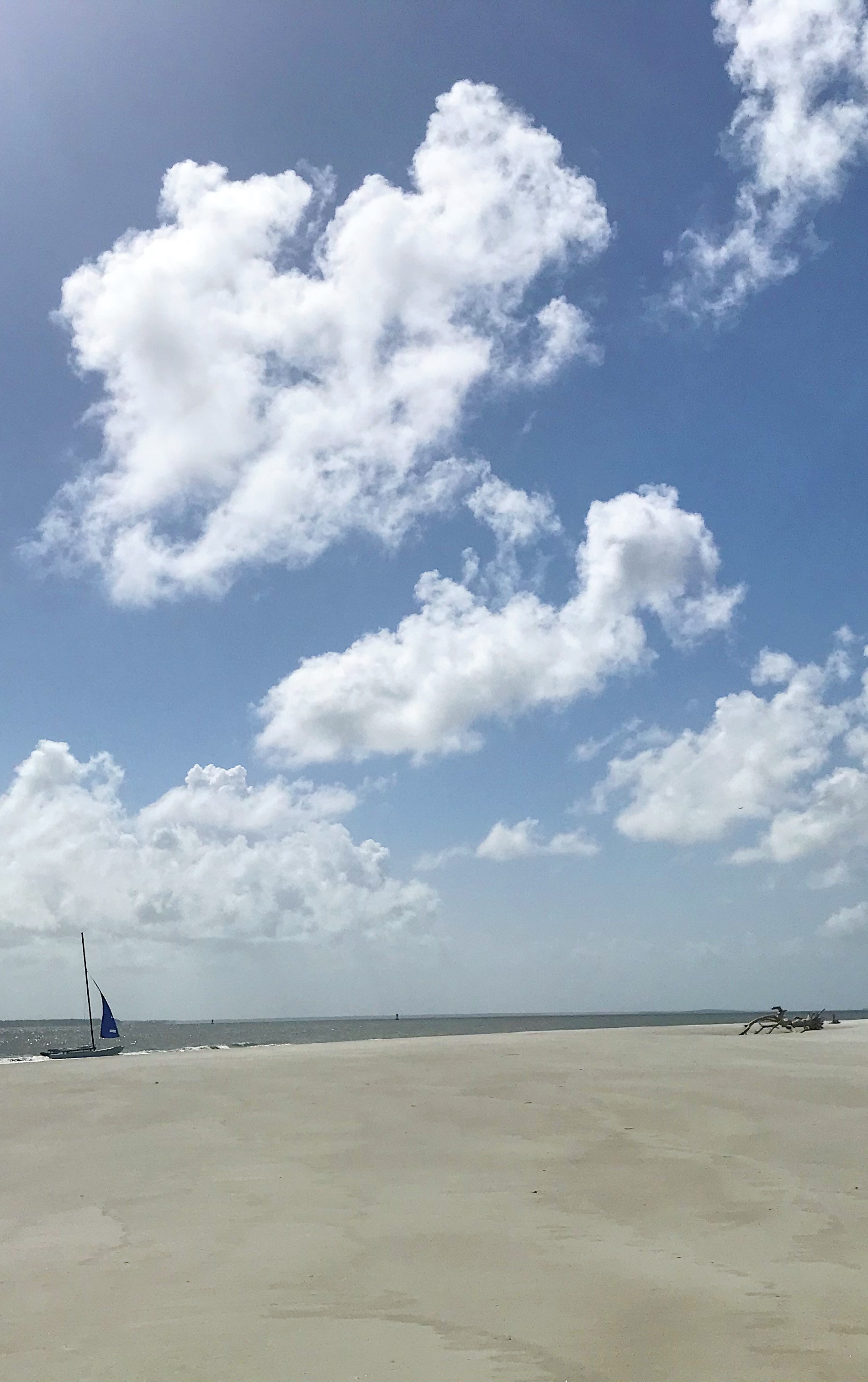

Also, I used Microsoft paint at work the other day, and that sent me directly back to 3rd grade.

I've started my first class at Columbia. It's a series of online lectures and assignments on Professional Leadership and Development (PDL).
Also, I started what they call a "short class" that can be completed in 1-2 weeks on decision making and reinforcement learning. It's based on Markov Decision Processes, which use math to model decisions.
As the summer winds down I'm looking forward to New York and the next set of challenges that brings.
